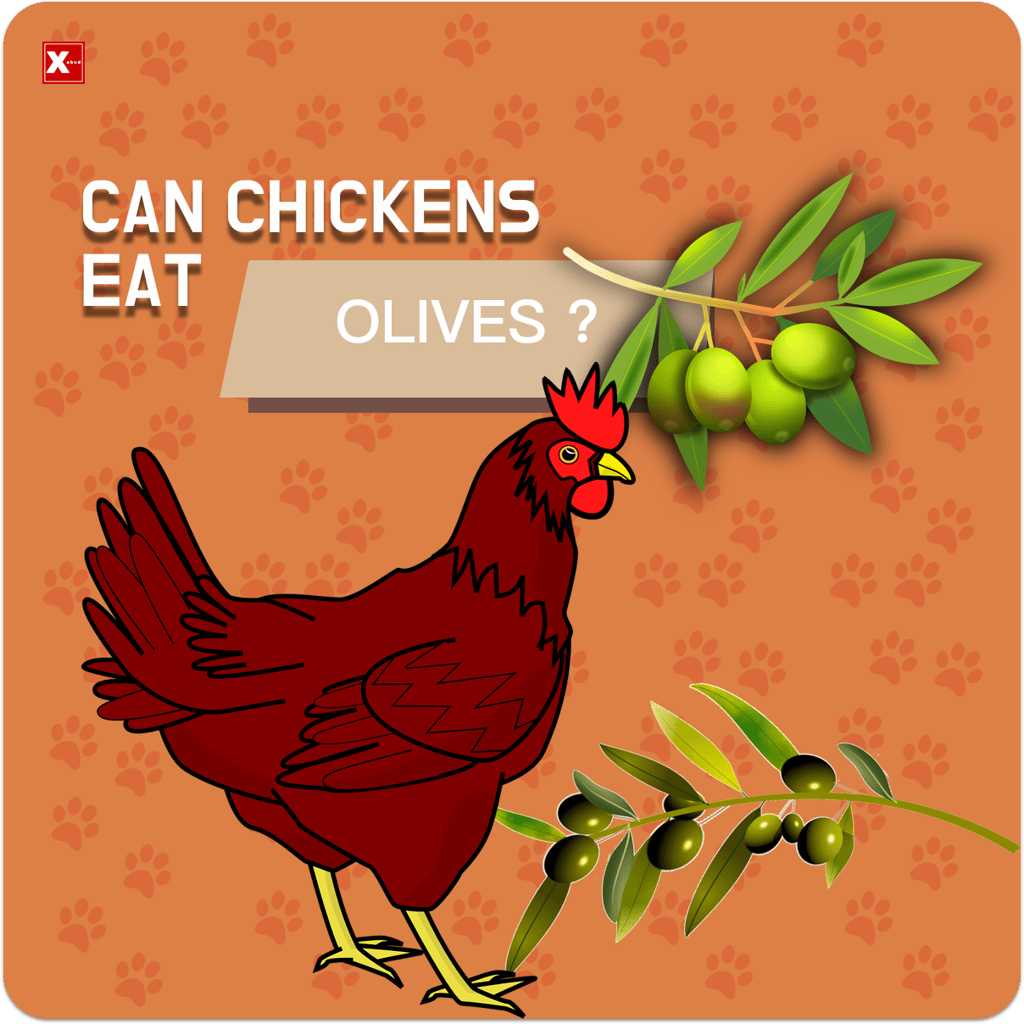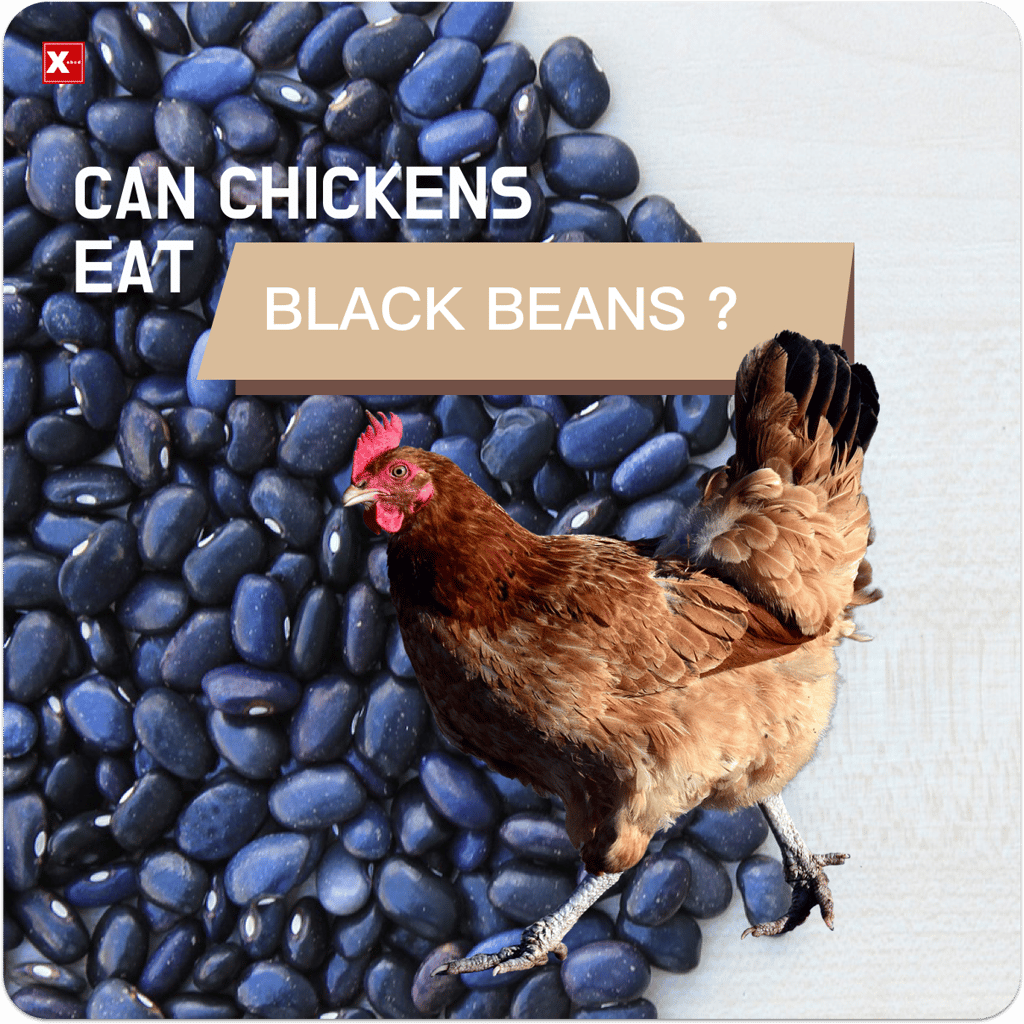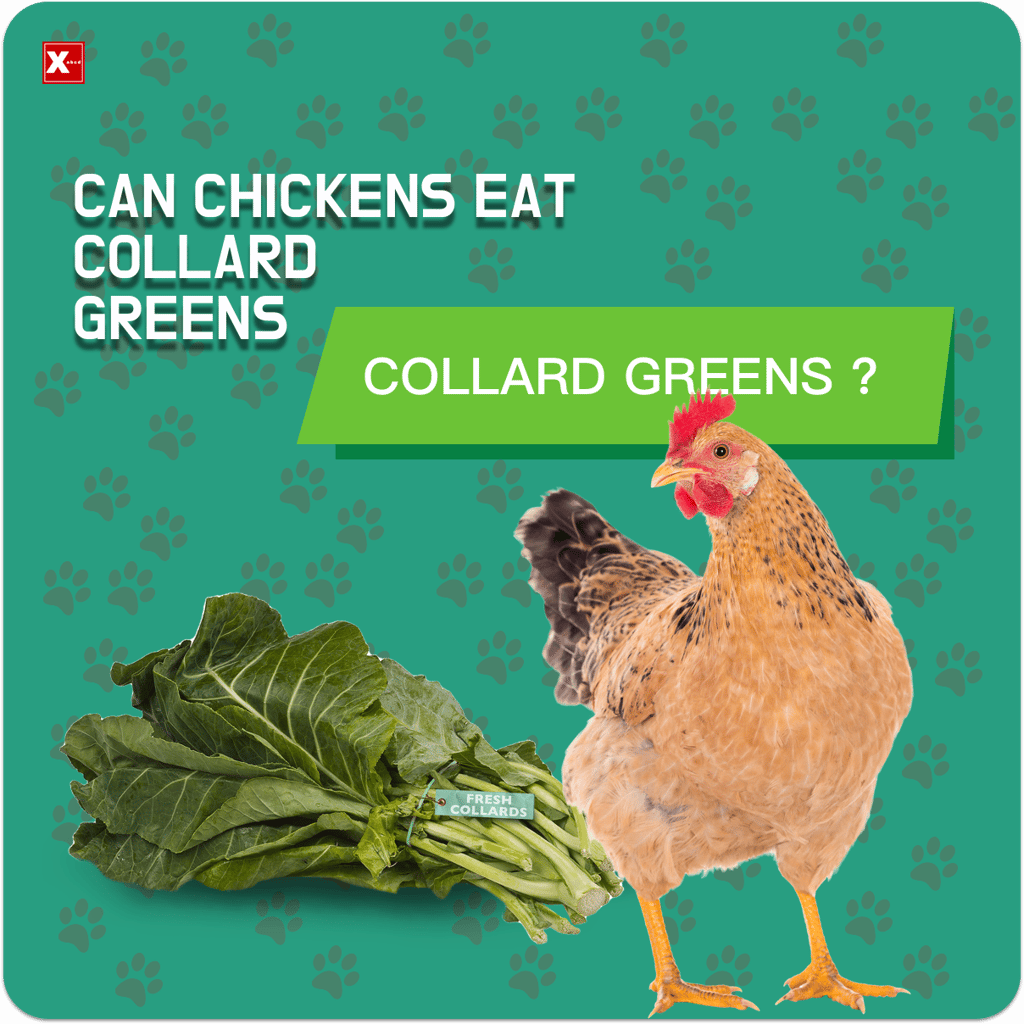Can chickens eat olives? This is a question that many chicken owners may have. The answer is yes, chickens can eat olives. However, it's important to understand the nutritional value of olives, the potential benefits and cautions of feeding them to chickens, as well as how to properly prepare and serve them. In this article, we will explore all of these aspects to ensure the well-being of your feathered companions.
The Nutritional Value of Olives
Olives are small fruits that are commonly used in various culinary dishes and enjoyed as a snack. They are rich in essential nutrients and offer several health benefits. Here is a breakdown of the nutritional value of olives:
| Nutrient | Amount per 100g |
|---|---|
| Calories | 115 |
| Protein | 0.8g |
| Fat | 11g |
| Carbohydrates | 6.3g |
| Fiber | 3.3g |
| Vitamin E | 1.65mg |
| Iron | 3.3mg |
| Calcium | 52mg |
Olives are a good source of monounsaturated fats, which are considered heart-healthy fats. They also contain antioxidants, such as vitamin E, that help protect the body against harmful free radicals. Additionally, olives provide small amounts of iron and calcium, which are important for maintaining overall health.
It's worth noting that the nutritional content of olives may vary slightly depending on the variety and preparation methods. However, in general, olives offer a range of beneficial nutrients in a small package.
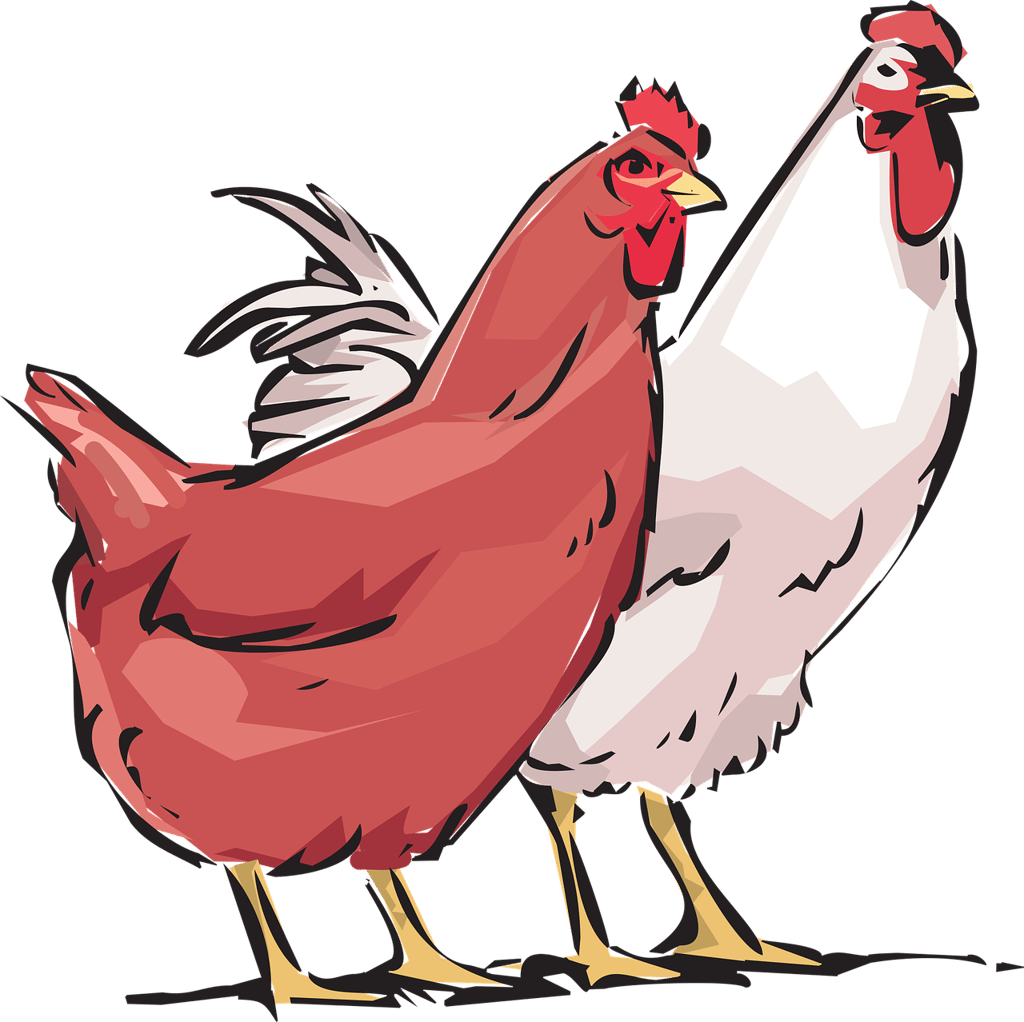
Possible Benefits of Feeding Olives to Chickens
Olives can provide several potential benefits when included in a chicken's diet. While they should be offered in moderation due to their high fat content, olives can offer valuable nutrients and contribute to the overall well-being of your feathered friends.
1. Healthy Fats
Olives are rich in monounsaturated fats, which are considered to be heart-healthy. These fats can help maintain the integrity of cell membranes and provide a source of energy for chickens.
2. Omega-3 Fatty Acids
Some olives, particularly those that are fully ripe, contain omega-3 fatty acids. These essential fatty acids play a crucial role in supporting brain function and promoting healthy feathers in chickens.
3. Antioxidants
Olives are packed with antioxidants, including vitamin E and polyphenols. These compounds help protect cells from damage caused by free radicals and can support the immune system of chickens, keeping them healthier overall.
4. Flavorful Variety
Introducing olives into a chicken's diet can provide a flavor boost and add variety to their meals. Chickens, like humans, can benefit from a diverse diet, and offering different types of food can increase their interest in eating and improve their overall satisfaction.
5. Environmental Enrichment
Feeding olives to chickens can also serve as environmental enrichment. Chickens enjoy pecking at and manipulating objects, and olives can provide a source of mental stimulation and entertainment for them.
6. Promotes Foraging Behavior
By hiding olives in the coop or scattering them in the yard, you can encourage natural foraging behavior in chickens. This mimics their instinctual behavior in the wild, allowing them to engage in natural behaviors while searching for and consuming olives.
While olives can offer these potential benefits, it is important to remember that moderation is key. Too many olives can lead to an unbalanced diet and potentially cause health issues. Always introduce new foods gradually and observe your chickens' response to ensure their well-being.
Overall, if offered in moderation, olives can contribute to a varied and nutrient-rich diet for chickens, providing potential benefits for their health, well-being, and enjoyment.
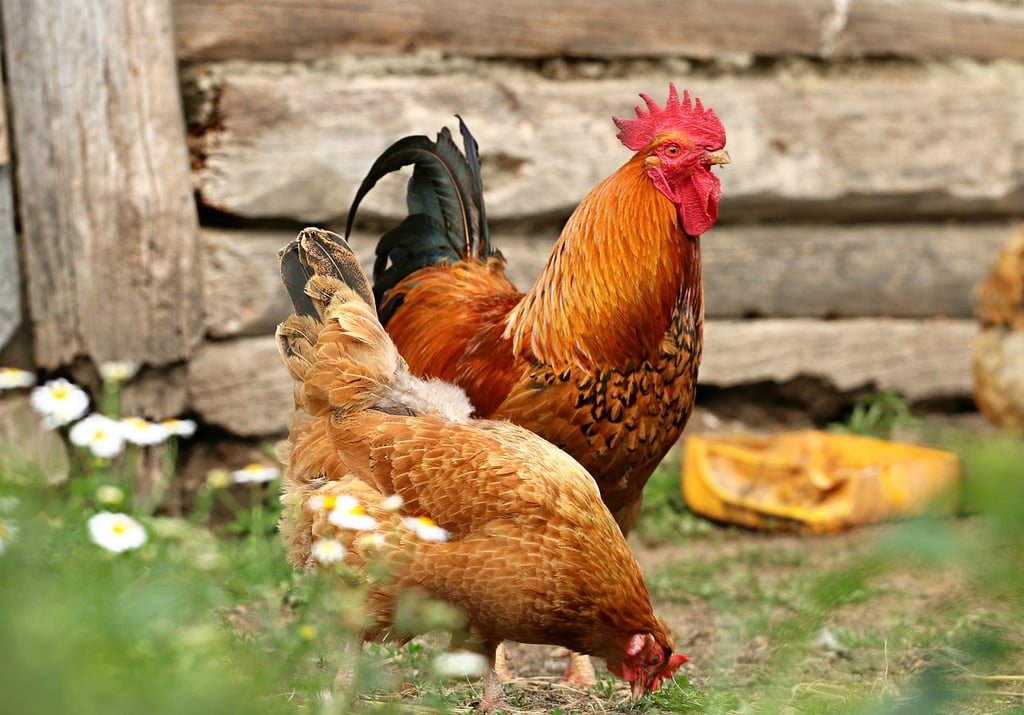
Cautionary Notes and Considerations
While olives can provide some benefits for chickens, there are several important factors to consider before incorporating them into their diet.
1. Moderation: Like with any treats or supplements, moderation is key. While olives are generally safe for chickens to eat, they should be given in moderation to prevent any digestive issues. Too many olives can lead to an upset stomach or diarrhea, so it's best to offer them as an occasional treat rather than a daily staple.
2. Sodium Content: One thing to keep in mind is the high sodium content in olives. Excessive sodium intake can be harmful to chickens, causing dehydration and affecting their overall health. Therefore, it is important to choose low-sodium or unsalted olives when offering them to your flock.
3. Pits: Another consideration is the presence of pits in olives. Chickens may accidentally swallow or choke on the pits, which can be a safety hazard. Before giving olives to your chickens, make sure to pit them and cut them into smaller pieces to avoid any potential harm.
4. Allergies and Sensitivities: Just like humans, chickens can have allergies or sensitivities to certain foods. While olives are generally well-tolerated by chickens, it's important to monitor their reaction after introducing olives into their diet. If you notice any signs of allergic reaction or digestive upset, it's best to discontinue feeding olives and consult a veterinarian if necessary.
5. Balanced Diet: It's crucial to remember that olives should not replace the main components of a chicken's diet. They should only be given as a supplementary treat. Chickens require a balanced diet consisting of grains, seeds, vegetables, fruits, and proteins to thrive. Ensure that olives are offered in conjunction with a well-rounded feeding regimen.
Conclusion: While olives can be a tasty and nutritious addition to a chicken's diet, caution should be exercised to prevent any potential issues. As with any dietary changes, it's always a good idea to observe your chickens closely and consult with a veterinarian if you have any concerns. By following these cautionary notes and considerations, you can safely incorporate olives into your chickens' treat rotation.

Preparation and Serving Suggestions
When it comes to preparing and serving olives to chickens, there are a few things to keep in mind. Here are some suggestions to ensure that your feathered friends can safely enjoy this treat:
- Remove the pits: Before offering olives to your chickens, make sure to remove the pits. Pits can pose a choking hazard for them, so it's important to provide pitted olives only.
- Wash thoroughly: Just like with any other food, it's crucial to wash olives thoroughly before serving them to your chickens. This will help remove any potential contaminants or pesticides.
- Chop or mash: Depending on the size of the olives, you may need to chop them into smaller pieces or mash them slightly. This will make it easier for chickens to consume and digest.
- Offer in moderation: While olives can be a tasty addition to your chickens' diet, they should be given in moderation. Too many olives can upset their digestive system or lead to obesity.
- Mix with other foods: To add variety to their diet, you can mix olives with other chicken-friendly foods. Consider combining olives with leafy greens, corn, or cooked grains for a well-rounded treat.
- Monitor for allergies or adverse reactions: It's essential to keep an eye on your chickens after introducing olives to their diet. Some chickens may be allergic or have adverse reactions to olives. If you notice any unusual behavior or digestive issues, it's best to discontinue feeding them olives.
Overall, olives can be a nutritious and enjoyable treat for chickens when served in the right way. By following these preparation and serving suggestions, you can ensure that your feathered friends can safely enjoy the benefits of olives. Remember to offer them in moderation and monitor their response to ensure their well-being and health.

Conclusion
While chickens can indeed eat olives, it is important to remember moderation and proper preparation when introducing them to this treat. Olives can provide a range of potential benefits to chickens due to their nutritional value, but caution should be exercised to avoid any negative effects on their health.
Faqs
-
Are olives nutritious for chickens?
Yes, olives are a good source of healthy fats, vitamins, and minerals that can benefit chickens when consumed in moderation.
-
Can feeding olives to chickens have any negative effects?
While olives can be a healthy addition to a chicken's diet, it's important to avoid overfeeding them as it can cause digestive issues like diarrhea. Additionally, the high salt content in some olives can be harmful to chickens, so it's best to provide them with unsalted or low-sodium olives.
-
What is the recommended way to serve olives to chickens?
It is best to chop or mash the olives into small pieces before offering them to the chickens. This makes it easier for the birds to consume and prevents any choking hazards. Additionally, it is advisable to mix the olives with their regular feed or scatter them on the ground as a treat to encourage natural foraging behavior.

